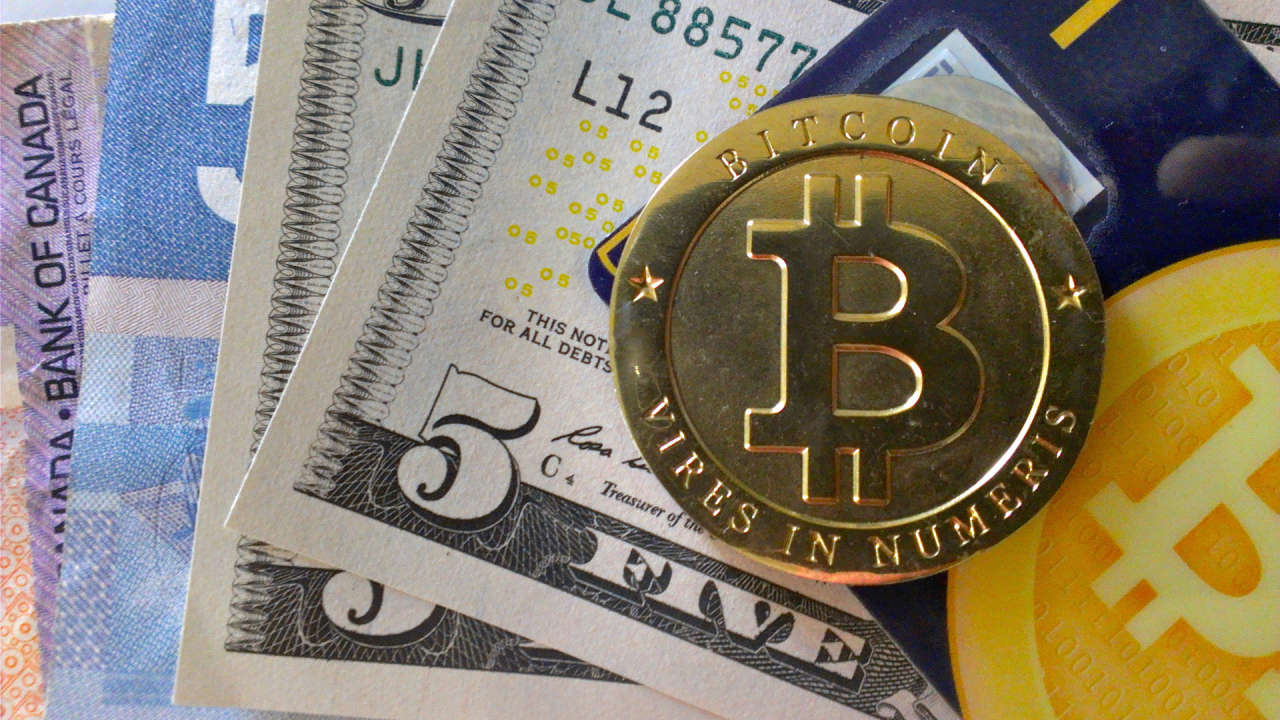Iran contemplating fighting US with Bitcoin

By Trend
Iran toiled for years to reach a deal with world powers to rid itself of harsh economic sanctions. The talks, which were current in the early 2000s but halted during the Ahmadinejad administration (2005-2013) were resumed by President Hassan Rouhani in 2013 to bear fruit in 2015.
The hopes of Iranians to see a day of free economic ties with
the world gradually grew dim after the Joint Comprehensive Plan of
Action (JCPOA) proved insufficient in liberating Iran from
sanctions.
After the deal’s implementation, world banks and companies remained
somewhat hesitant to start business with Iran, fearing a series of
US primary sanctions that had been posed to Iran over non-nuclear
issues.
According to the Department of Treasury of the United States, "even after Implementation Day (of the JCPOA), foreign financial institutions, including foreign-incorporated subsidiaries of U.S. financial institutions, need to continue to ensure they do not process U.S. dollar-denominated transactions involving Iran through the U.S. financial system or otherwise involve U.S. financial institutions (including their foreign branches), given that U.S. persons continue to be prohibited from exporting goods, services (including financial services), or technology directly or indirectly to Iran…"
The history of U.S. sanctions against Iran dates as far back as 1979, when hostages were held at the U.S. Embassy in Tehran. Over the years, the U.S. government has approved other sanctions. In 2010, amid increasing tensions of Iran's nuclear program, the United States instituted sanctions that U.S. officials described as "unprecedented."
The situation has led Iranian authorities to recently think of replacing the US dollar with other currencies. Iran has already made deals with some business partners to do business in currencies other than the USD.
However, the emergence of Bitcoin and other cryptocurrencies has
made the Iranian government upbeat over the prospect of ridding the
economy of the sway of the US dollar.
This week, Mahmoud Hashemi Shahroudi, the Chairman of the
Expediency Council (a high-ranking body with a say on almost
anything in the country), said it is necessary that Iran "removes
dollar from foreign trade."
He emphasized that the policy to do so is very "important" and "valuable".
Recently it was reported that the Iranian government plans to implement a new infrastructure for Bitcoin users in Iran.
According to reports, the Iranian government has already researched Bitcoin and its possible benefits for its economy.
Amir Hossein Davaee, Iran’s Deputy Minister of Information and Communication Technology has said "The ministry of communications and information technology has already conducted a number of research studies as part of efforts to prepare the infrastructure to use Bitcoin inside the country."
Moreover, Davaee added that Bitcoin activities include money creation, so the Central Bank of Iran needs to set the ground rules and supervise related activities, otherwise, this would disrupt the economic cycle. Iran is now on the edge of creating a proper infrastructure not only for Bitcoin but also for other cryptocurrencies.
It seems that, as the Iranian government is not able to satisfy all that the US wants from it in order to lift the primary sanctions, it now is going to turn a blind eye on the USD and do business otherwise. Iran may become the winner or the victim in this bet, for it seems it is going to be the first country to bid for cryptocurrencies at such systemic level.
---
Follow us on Twitter @AzerNewsAz
Here we are to serve you with news right now. It does not cost much, but worth your attention.
Choose to support open, independent, quality journalism and subscribe on a monthly basis.
By subscribing to our online newspaper, you can have full digital access to all news, analysis, and much more.
You can also follow AzerNEWS on Twitter @AzerNewsAz or Facebook @AzerNewsNewspaper
Thank you!
